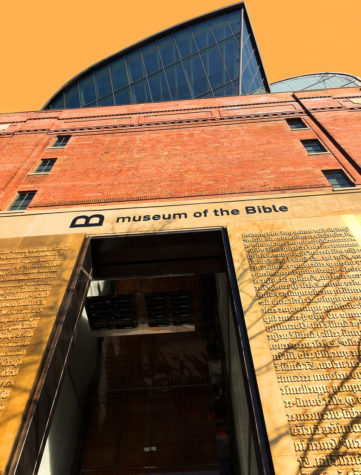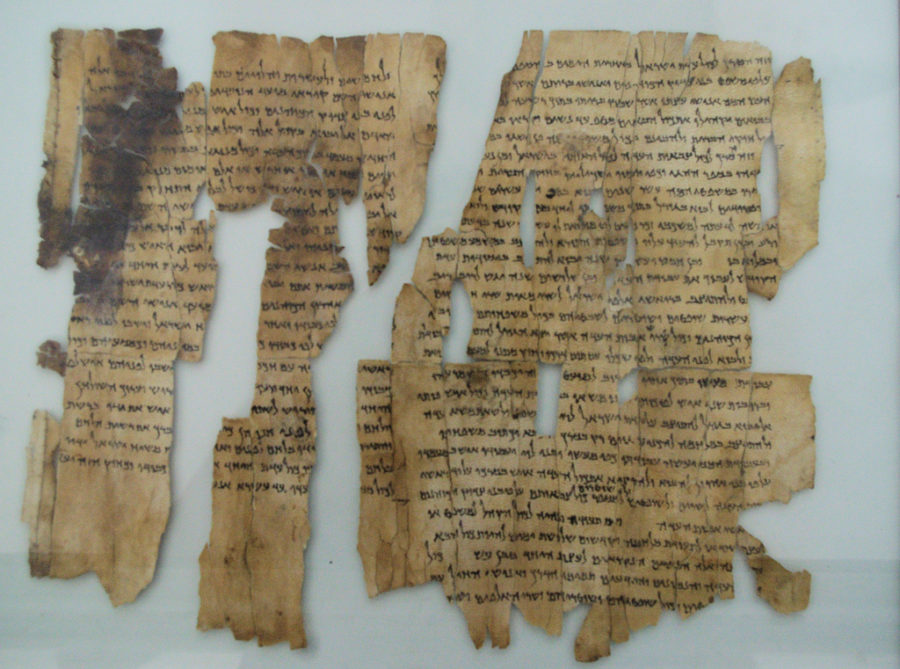History as we know it could be completely fabricated
Private Museum confirms to five fake artifacts
The so-called “Dead Sea Scrolls” are a set of ancient Jewish/Biblical documents discovered on the northwest shore of the Dead Sea between 1946 and 1956. Most are in Israel today, but this (and others) are in Jordan since borders have shifted over the years.
October 23, 2018
On Monday, Oct. 22, the museum of the Bible stated five of their famed Dead Sea scrolls were fake. They were pulled out of the exhibit for testing by a privately-funded German team that confirmed their fabrication.
According to ABC news, the museum hired researchers to examine the fragments and found that their authenticity was dubious. The museum’s funds have been under scrutiny for several years now after the chain store Hobby Lobby, owned by the Green Family, came under fire for smuggling artifacts into the U.S. Hobby Lobby returned the artifacts after a settlement in 2017 and paid a fine of $3 million. The Green Family is a major contributor to the museum of the Bible and has contributed a large amount of their own artifacts to the museum. This just raises questions about the legitimacy of other artifacts in the museum, as well as privately funded museums in general. When the artifacts need to go through minimal screening to end up displayed and annotated, it is easy to gloss over important details or even fake objects altogether.

The museum of the Bible in Washington DC.
“This is an opportunity to educate the public on the importance of verifying the authenticity of rare biblical artifacts, the elaborate testing process undertaken and our commitment to transparency,” said Jeffrey Kloha, chief curatorial officer for the museum.
This finding has forced the museum to look into other fragments in order to make sure that their viewers are receiving accurate information. This does not change the fact that the museum, opened November in 2017, has already found an issue with the authenticity of their exhibits. Students and scholars alike need to have accurate information in order to conduct the appropriate research. Checking sources and authenticating origin are both vital in forming factual conclusions. Museums and other exhibits around the world should make sure that the information they provide others is as accurate as possible, as it is their responsibility to avoid misinformation.
“Exhibit labels will continue to inform guests that there have been questions raised about the authenticity of these fragments and that further research will be conducted,” the museum said.









